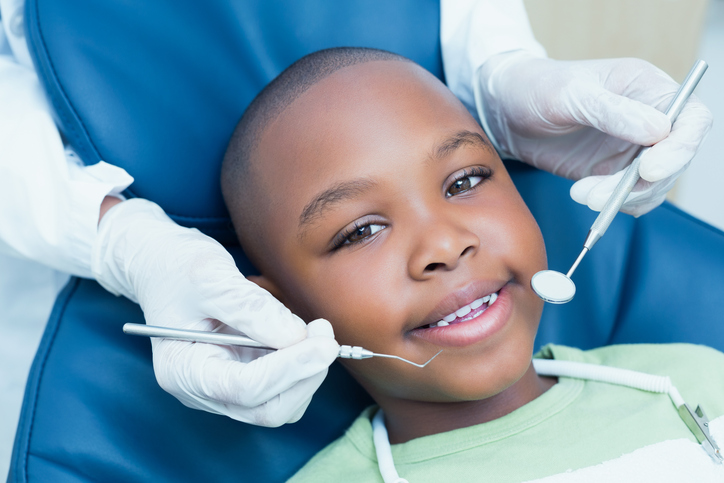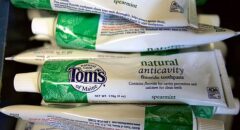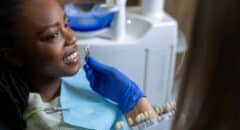 Whether you have a newborn on the verge of teething, or a tween, experiencing the third coming of their adult molars, you’re likely familiar with the pain accompanied by these natural stages in tooth development.
Whether you have a newborn on the verge of teething, or a tween, experiencing the third coming of their adult molars, you’re likely familiar with the pain accompanied by these natural stages in tooth development.
According to experts, a newborn’s teeth will emerge around 6 months through two years of age. Those chompers will remain in the mouth until a child is around 6-years-old. Teeth then fall out (shed) at various times throughout childhood. By age 21, however, all 32 permanent teeth have usually erupted.
“During your lifetime, people obtain two sets of teeth, primary or baby teeth and permanent teeth. You will see the primary first molars start to break through the gums between 13-19 months and the eruption of primary second molars near 2-3 years old,” Jarrett Manning, DDS, MPH, coach, speaker, media personality and smile creator of JLM Dentistry in Smyrna, GA, tells BlackDoctor.org
Of course, in-between that time, children experience the eruption of primary molars. These are normally the last teeth to erupt and the last to fall out. They -- making way for your child's permanent first, second and third molars as described by the American Dental Association (ADA).
“There are three permanent molars. The first permanent molars erupt around age 6. Kids receive second permanent molars at age 12, and the third permanent molars (the wisdom teeth) will appear at 18 years old,” added Manning, who describes herself as “lover and sharer of all things teeth related.”
Your permanent first molars, known as the "six-year molars,” serve as the initial "placeholders" in your mouth, setting the stage for the shape of your lower jaw as it supports the placement of the rest of your teeth. As you can imagine, this can create pain and discomfort for your little one.
Fortunately for parents, there are some helpful methods for reducing your child's pain. “Parents can use a clean finger to gently massage the gums in the area of discomfort. OTC medicines (acetaminophen or ibuprofen) may be helpful,” says Manning. On the flip side, Manning advises sufferers “Avoid the use of aspirin. Supervised use of a non-liquid filled teether can be helpful in eliminating discomfort.”
It’s important to note that preventing infection is just as crucial as soothing pain and discomfort. “Primary teeth can become susceptible to decay as soon as they erupt; therefore, it is important to keep teeth clean and healthy to avoid dental infection,” explained Manning. “Supervised brushing and flossing is important. For younger kids, parents will need to brush and floss after their children to make sure all teeth and gums are thoroughly cleaned.”
“Gentle brushing and flossing of the teeth is the best way to care for molars as they break through,” continued Manning. “It's important that parents use a small gauze or wash cloth to wipe the gums.”
Whether their molars are coming or going, make sure your child visits the dentist regularly. Gotta protect that smile you love so much!








